Helping young people think clearly in a crisis
As part of the redesign of our youth disaster resilience program, Surviving Disasters: Northern NSW program, we’ve added a new module focused on something that feels more important than ever: critical thinking during a disaster.
Disasters can be overwhelming. In the midst of fear or uncertainty, it's easy for misinformation to spread, especially online. We've all seen those dramatic posts: blurry images, emotional language, sometimes even AI-generated videos that look convincing at first glance. When people are scared, they share quickly and often without checking if something’s real.
That’s why we’re supporting young people to pause, take a breath, and ask: Is this true? Is it helpful? What can I do with this information?
In this module, which we co-designed with Evans River High School students and piloted with Byron Community College students recently, we explore real examples of misinformation that have circulated during past floods, fires, and storms. These are things young people might come across on TikTok, Instagram or in group chats. Together, we unpack how to check sources, look for signs something might be fake or misleading, and what to do instead.
We also talk about how it feels to be overwhelmed by scary content and learn how to stay calm and connected as part of staying safe.
It's not just about avoiding fake news but giving young people the tools to respond to disasters with confidence, care, and clarity.
We believe young people need this guidance more than ever.
Our funder, COMPACT, is on a mission to fight misinformation and have built a website to remind people that
"the internet was built to connect us — a digital space where distance was no barrier to connection. But somewhere along the way, the very platform designed to unite us began driving us apart. The promise of community has given way to division, hostility and isolation."
They say
"it's time to reclaim the Internet and restore its humanity: a place where empathy thrives, where conversations build bridges, and where technology brings us together, not tear us apart."
You can find out more here about why people might spread misinformation and hate as well as some tips to keep our kids safe online:
https://removehatefromthedebate.com/
We're looking forward to building on our learnings with our next group in Kyogle over the term break! If you know a school, club or youth group of 14–24 year olds, get in touch. We’d love to bring this free disaster resilience training to them. Contact jen@planc.org.au



